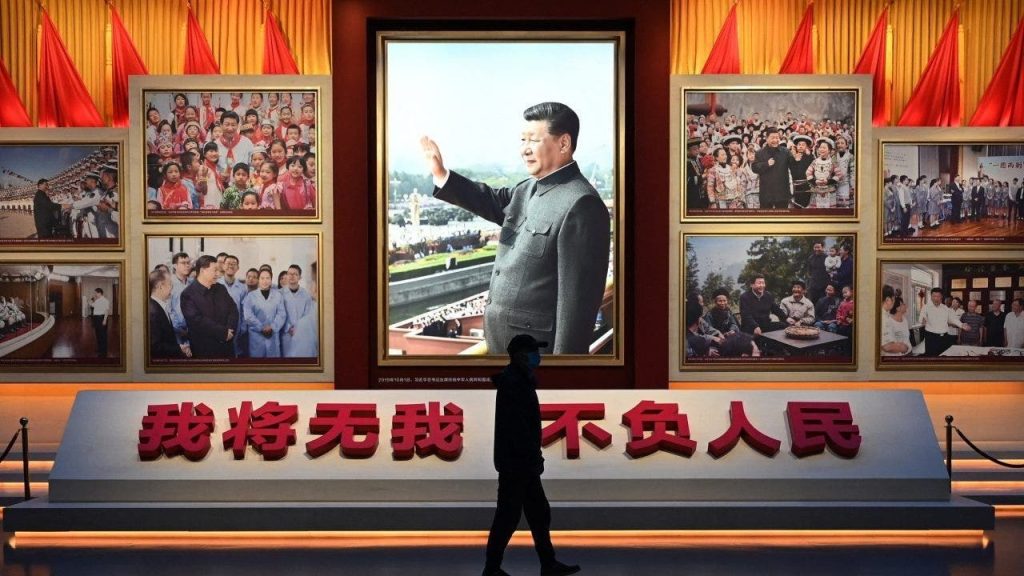China has extended its policy of censorship and surveillance to regulate artificial intelligence (AI) models. The Chinese Communist Party requires AI firms to participate in a government review to ensure their large language models (LLMs) embody core socialist values. This initiative is part of China’s broader efforts to control the narrative among its population and suppress sensitive information on the internet. Chatbot systems are being developed to collect keywords, block information on banned topics, and provide politically correct answers to specific questions. However, developers are facing challenges in controlling LLM responses and preventing excessive question rejections.
China’s censorship measures are not limited to its domestic market, as the country aims to influence global populations through AI technologies. AI expert Arthur Herman highlighted China’s use of social media platforms like WeChat and TikTok to shape the worldview of users and manipulate their perceptions. He warned that China’s mastery of brainwashing techniques through AI applications poses a threat to populations beyond its borders. The Chinese government sees AI as a tool to change people’s minds, enhance propaganda efforts, and control how individuals perceive the world.
The Chinese government’s control over AI technologies reflects a broader strategy to assert influence and shape narratives on a global scale. China’s aggressive pursuit of AI development aligns with its ambition to become a dominant player in the technology sector and extend its soft power globally. By utilizing platforms like TikTok and WeChat, China seeks to influence public opinion, control information flow, and promote its ideological agenda. This approach has raised concerns about the potential impact of AI-enabled manipulation on individuals and societies worldwide.
China’s efforts to regulate AI applications and control information dissemination highlight the country’s commitment to maintaining strict ideological control over its populace and extending its influence globally. The Chinese government’s use of AI technologies for censorship and surveillance reflects its broader strategy to shape narratives, control public discourse, and promote its political agenda. By leveraging AI tools like chatbots and LLMs, China aims to restrict access to sensitive information, censor online content, and shape public opinion in line with its socialist values. This approach underscores the importance of understanding China’s evolving AI policies and their implications for freedom of speech and information flow.
In conclusion, China’s expansion of censorship and surveillance measures to AI technologies represents a significant development in the country’s quest for ideological control and global influence. The Chinese government’s efforts to regulate AI firms and shape the content generated by LLMs highlight its determination to control the flow of information and manipulate public opinion. As China continues to advance its AI capabilities and extend its reach in the technology sector, policymakers and observers must closely monitor the implications of these developments on freedom of expression, privacy, and democratic values. By understanding China’s AI policies and their impact, stakeholders can better respond to the challenges posed by the country’s expanding censorship practices and assertive use of technology to shape narratives and control information flow.













